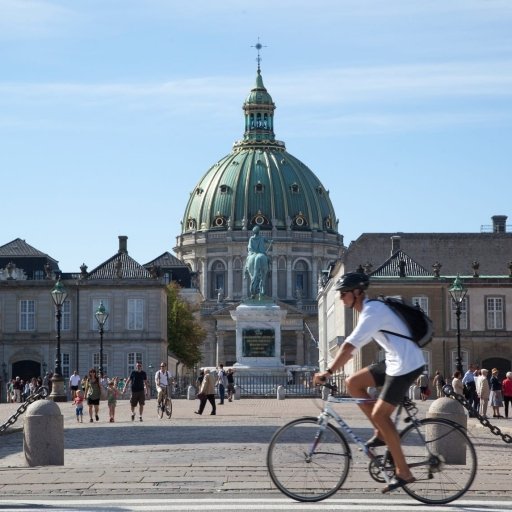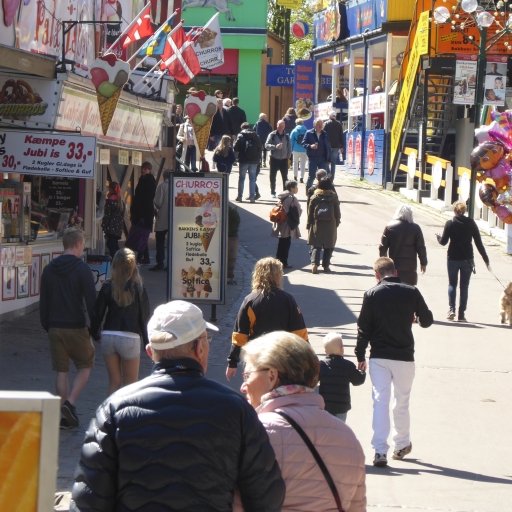The Happy Danes
The United Nations World Happiness Report awarded the Danes the title of the most happy people in the World in 2013, 2014, and 2016.
In 2024, Finland was at the top of the list of the world's happiest countries, just ahead of Denmark, which was again No. 2.
The UN report shows this, the World Happiness Report, which is prepared annually.
It is the sixth year in a row that the Finns have been named the world's happiest. Denmark took first place in many years, but this last happened in 2016.
Several factors are the basis for Denmark's election several times. Factors like free health care, a righteous work-life balance system, good leisure systems, and trust in the system play a big role here.
"The Happy Danes" phenomenon is a testament to Denmark's holistic approach to well-being, combining social, economic, and cultural factors to create a thriving society. By prioritizing social welfare, work-life balance, community cohesion, and embracing concepts like hygge and outdoor living, Denmark sets an example for nations seeking to enhance the quality of life for their citizens.
Exploring "The Happy Danes"
Denmark, a small Nordic country, consistently ranks among the happiest nations in the world according to various global happiness reports. This phenomenon has intrigued researchers and policymakers worldwide, sparking interest in understanding the factors contributing to the well-being of the Danish population.
Here, we will explain the concept of "The Happy Danes," exploring the key elements contributing to Denmark's reputation as a beacon of happiness.
The Danish model of welfare
One of the cornerstones of Danish society is its robust welfare system. Denmark offers its citizens universal access to healthcare, education, and social security, fostering a sense of security and stability among its population.
This safety net helps alleviate concerns about basic needs, allowing Danes to focus on other aspects of their lives beyond mere survival.
Hygge
A quintessential aspect of Danish culture is the concept of "hygge" (pronounced hoo-gah). Hygge encompasses cosiness, contentment, and intimacy, often achieved through simple pleasures such as candlelit gatherings with loved ones, hearty meals, and cherished traditions.
Embracing hygge allows Danes to find joy in everyday moments and cultivate a sense of warmth and belonging.
Social Cohesion and trust
Denmark boasts a strong sense of social cohesion and trust within its society. The country's small size and homogenous population foster a sense of community where individuals feel connected and supported by their neighbours and institutions. High levels of trust in government institutions, low levels of corruption, and a commitment to social equality further reinforce this collective identity.
Work-Life balance
Danish workplaces are known for promoting a healthy work-life balance. With shorter working hours, generous parental leave policies, and a strong emphasis on flexible working arrangements, Danes prioritize leisure time and family life.
This balance contributes significantly to overall life satisfaction, reducing stress and burnout commonly associated with long working hours.
Outdoor lifestyle
Despite Denmark's often gloomy weather, Danes have a strong affinity for the outdoors. The country boasts an extensive network of cycling paths, pristine beaches, and picturesque parks, encouraging an active lifestyle and a deep connection with nature.
Spending time outdoors, whether it's biking to work or enjoying picnics in green spaces, contributes to Danes' overall well-being.
Aarhus – Denmark’s happiest city
Aarhus is reportedly Denmark’s happiest city - see her why:
- Close to forrest and beaches
- A city with many museums, culture and art as ARos and DOKK1
See more facts about Denmark






